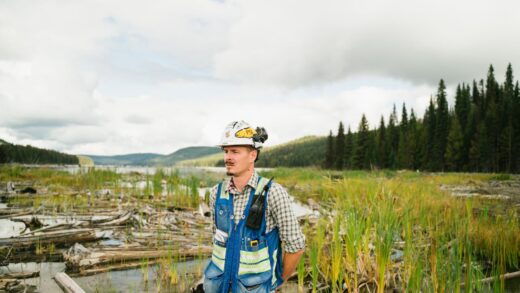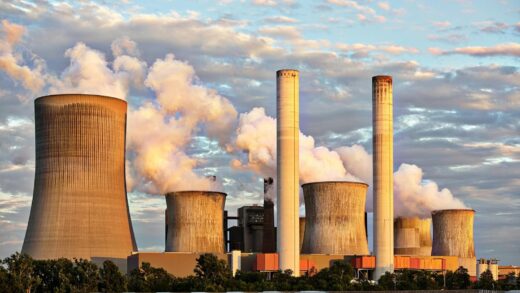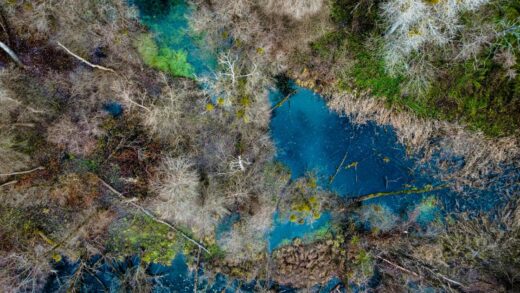Lausanne has unexpectedly turned out to be probably the most polluted city in Switzerland: huge concentrations of dioxin have been found in the soil: it is polychlorinated dibenzo-p-dioxin, which is mainly produced by burning household waste.
Environmental monitoring has long been limited to air and water analysis. It was not until May of this year that scientists studied the composition of the soil – and made a shocking discovery. The dioxin stain is 19 square kilometers almost in the center of the city.
The incinerator is blamed for the pollution: it was closed in 2005, but before that it operated for half a century. And in the early 80’s a filtration system was installed there. That is, the dioxin remained in the soil for at least 40 years.
Didier Bourgie, a resident of Lausanne:
“Here are kids playing in the playground, and right next door there’s a sign forbidding them to do that. There are people here who have been growing vegetables in their gardens for years. And now all of a sudden they’re being told: no, no more zucchini, no more cucumbers, you can’t. Of course, this raises questions for them.”
Now the Swiss have to thoroughly check the surroundings of other similar incinerators. The problem is that in the confederation, which prides itself on ecology, there are still no standards for the maximum permissible concentration of dioxins in the soil.




